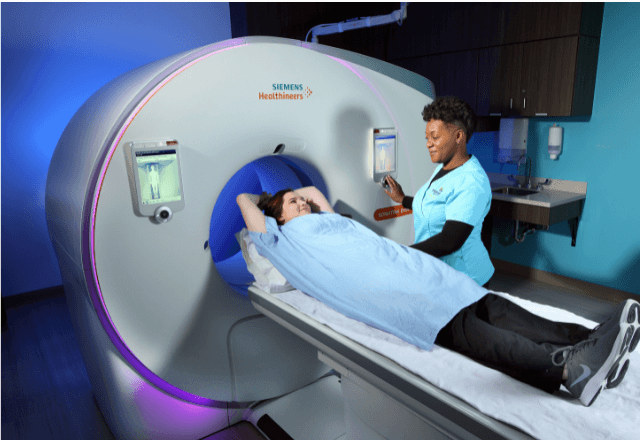MRI Cardiac Imaging in Preclinical Research Animals
In preclinical research, Magnetic Resonance Imaging (MRI) cardiac imaging plays a crucial role in understanding heart function and disease mechanisms before moving to human clinical trials. This non-invasive technique provides detailed images of the heart's structure and function without the need for ionizing radiation, making it ideal for studying animal models used in drug development and toxicity assessments.
The methodology involves placing preclinical research animals into a specialized MRI scanner designed to accommodate small subjects. The imaging process can evaluate myocardial tissue integrity, ventricular wall motion, coronary blood flow, and cardiac chambers. This service is particularly valuable for assessing the cardiovascular effects of new therapeutic compounds or devices at early stages of development.
The service is aligned with international standards such as ISO 13485:2016 for quality management systems in medical device manufacturing. The testing parameters include heart rate variability, cardiac output, and myocardial perfusion. Specimen preparation typically involves the animal being sedated safely under local or general anesthesia to ensure motionless conditions during imaging.
Our state-of-the-art MRI facilities offer high-resolution images that are critical for precise analysis of heart function. This service supports regulatory compliance by providing comprehensive data that can be used in submissions to regulatory bodies like the FDA and EMA. The use of this technology helps researchers identify potential issues early, reducing costly delays later in development.
| Application | Description |
|---|---|
| Disease Modeling | Evaluating the progression of heart diseases in animal models. |
| Toxicity Assessment | Identifying potential cardiotoxic effects of new drugs or chemicals. |
| Vascular Research | Understanding the impact of vascular changes on heart function. |
| Pharmacokinetics | Tracking drug distribution and metabolism in cardiac tissue. |
Why It Matters
MRI cardiac imaging is essential for preclinical research because it allows researchers to observe the heart's structure and function without causing harm. This non-invasive approach ensures that data collected can be used reliably in subsequent clinical trials, reducing animal use and improving ethical standards.
- Reduces the need for invasive procedures.
- Precise measurement of cardiac parameters enhances research accuracy.
- Supports regulatory compliance with international standards.
- Facilitates early identification of potential issues in drug development.
Industry Applications
The applications of MRI cardiac imaging span various sectors within clinical and healthcare testing. This includes disease modeling, where researchers can observe the progression of heart diseases over time using animal models. In toxicity assessment, this service helps identify potential cardiotoxic effects before compounds enter human trials.
- Vascular research to understand how vascular changes impact heart function.
- Pharmacokinetics for tracking drug distribution and metabolism in cardiac tissue.
Customer Impact and Satisfaction
Our MRI cardiac imaging service has significantly impacted customer satisfaction by providing accurate, non-invasive data that supports early-stage research. This service helps customers meet regulatory requirements while reducing costs associated with late-stage failures.
- Enhances the reliability of preclinical data for regulatory submissions.
- Promotes ethical standards in animal research by minimizing invasive procedures.
- Supports early detection of potential issues, saving time and resources.





